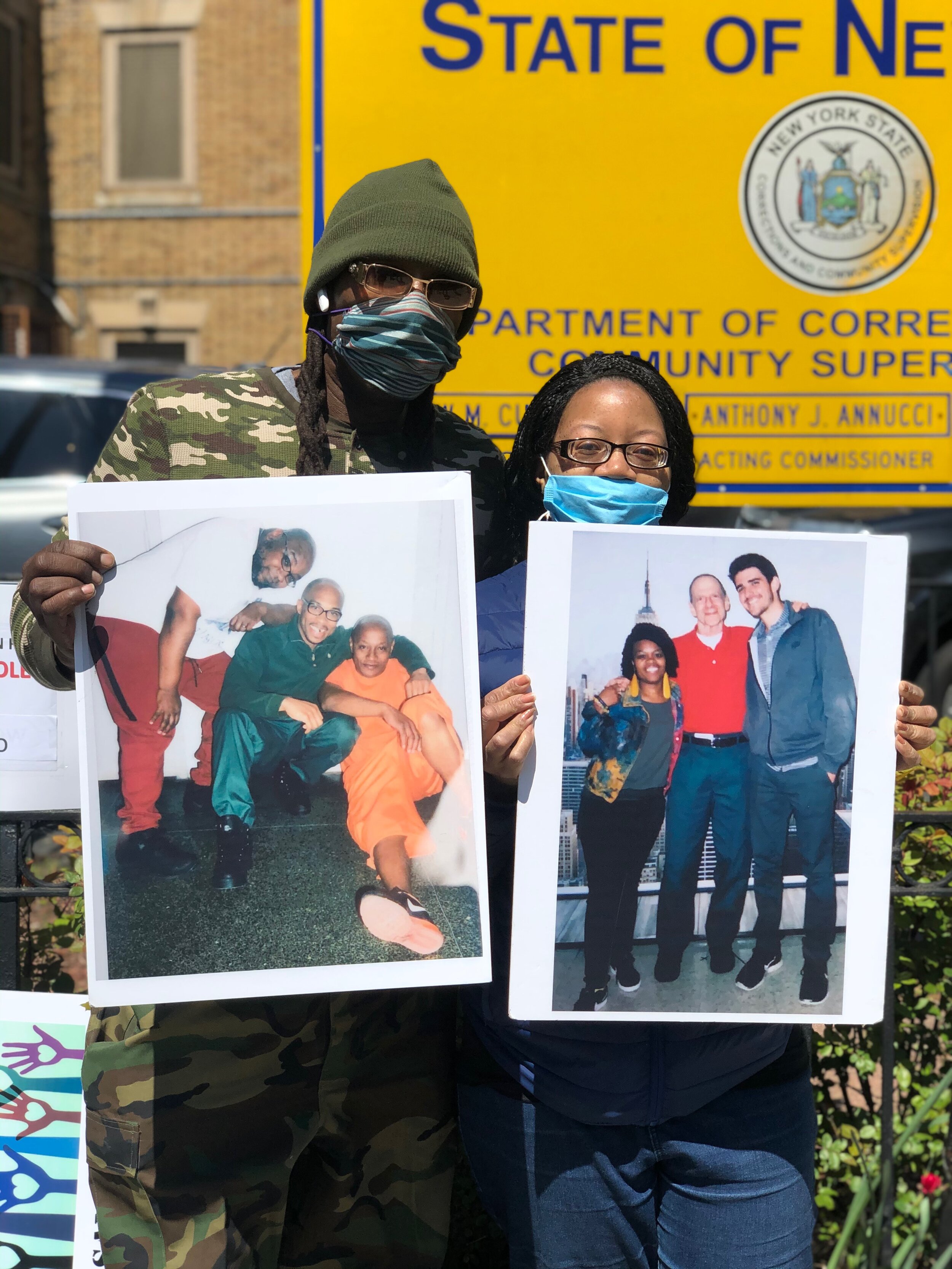State legislative package seeks to eliminate ‘policing for profit’ in New York
/New criminal justice reforms highlights the far-reaching impact of financial burdens from court fees. Photo via Center for Community Alternatives.
By Rachel Vick
After 17 years behind bars, Anitria Blue was ready to move forward by pursuing a Masters degree and preparing to land a job.
But her plans for success grew more complicated as she struggled to balance her parole supervision fees along with the cost of living in New York.
“Having to depend on people, where I know I can depend on myself, but not having that opportunity because I still have fines and fees to pay has been very harrowing, very discouraging and repulsive,” said Blue, a community leader with the nonprofit organization New Hour for Women and Children Long Island.
On Tuesday, Blue joined other advocates and a handful of state lawmakers to introduce a package of legislation designed to eliminate court and supervision fees for people leaving prison and already facing significant financial hurdles.
One bill, known as The End Predatory Court Fees Act, would do away with court fees, mandatory minimum fines, incarceration based on unpaid fines and fees and seizure of commissary accounts.
“We know that automatic court fees are criminalizing poverty in our city and beyond our city,” said Senate sponsor Julia Salazar. ”The harms that these fines, fees and surcharges continue to cause communities and especially the harm caused to Black and Brown New Yorkers is enormous.”
“It’s like kicking someone when they’re down instead of helping them up,” she added.
That bill, sponsored by Yuh-Line Niou in the Assembly, is one component of the “No Price on Justice” campaign, which outlines the problems and disproportionate impact of the imposition of court fees, parole and probation fees.
The campaign also includes legislation from Manhattan Assemblymember Carmen De La Rosa and Bronx State Sen. Luis Sepulveda to abolish parole and probation fees — a majority of which were not reported by the state, according to Marvin Mayfield, a statewide organizer from the Center for Community Alternatives
The issue of “policing for profit” — making arrests to generate money for a municipality — gained national attention in the wake of the police killing of Michael Brown in Ferguson, Missouri. Along with scrutiny of the killing came a review of the city’s arrest-based revenue. Court fines and fees accounted for Ferguson’s second-largest source of income.
The practice of making money off arrests, particularly when the arrest leads to asset forfeiture, is also an issue in New York. The state received a C for its policies on an annual report card issued by the Institute for Justice this year.
“As a result, the police routinely violated the constitutional rights of residents and aggressively policed for profit. New York has the same problem now as Ferguson did in 2014,” Mayfield said, pointing out that the state is among those with the highest court fees in the country.
To recover court fees, the state can garnish an incarcerated person’s commissary funds, which limits their access to basic hygiene products like deodorant, soap or tampons.
“The system of policing for profit puts New Yorkers of color at greater risk of a potentially deadly interaction with police,” Mayfield added. “New York’s court fees are designed to raise revenue and in this way are a regressive, back door tax on those least able to pay.”




